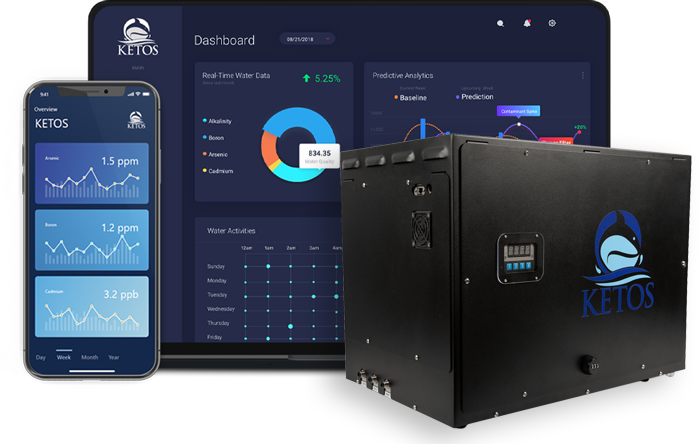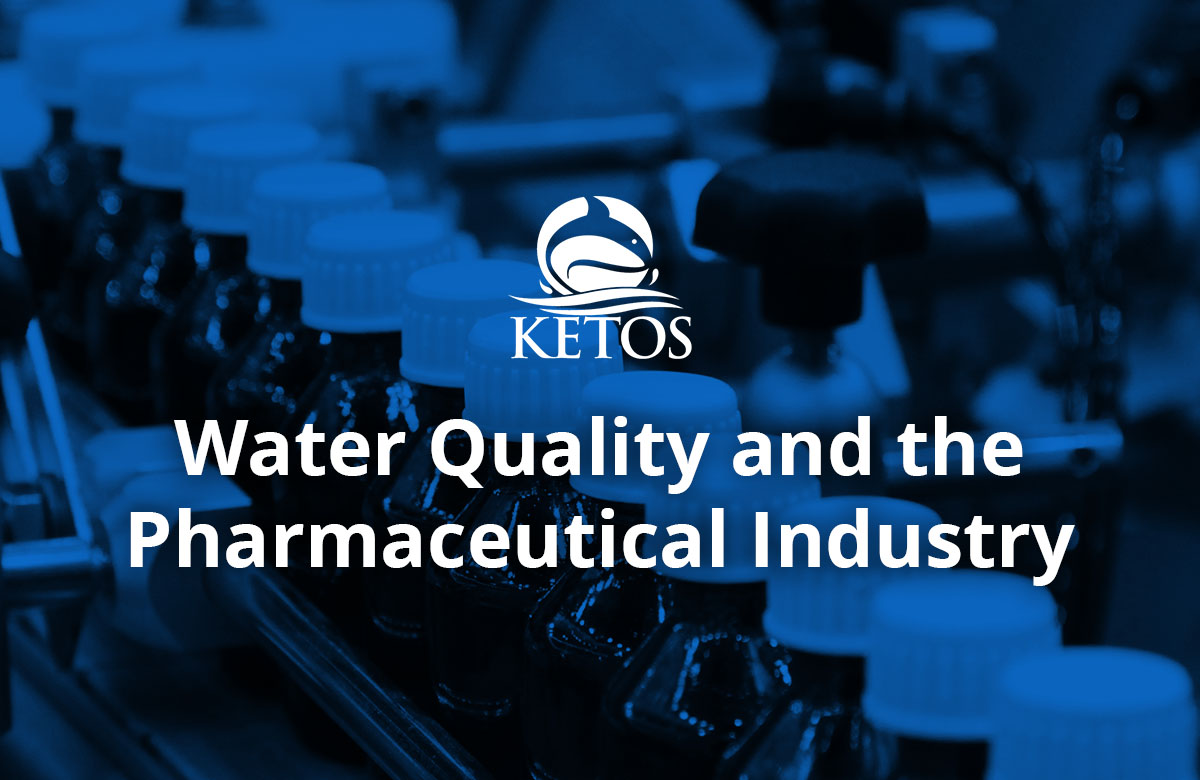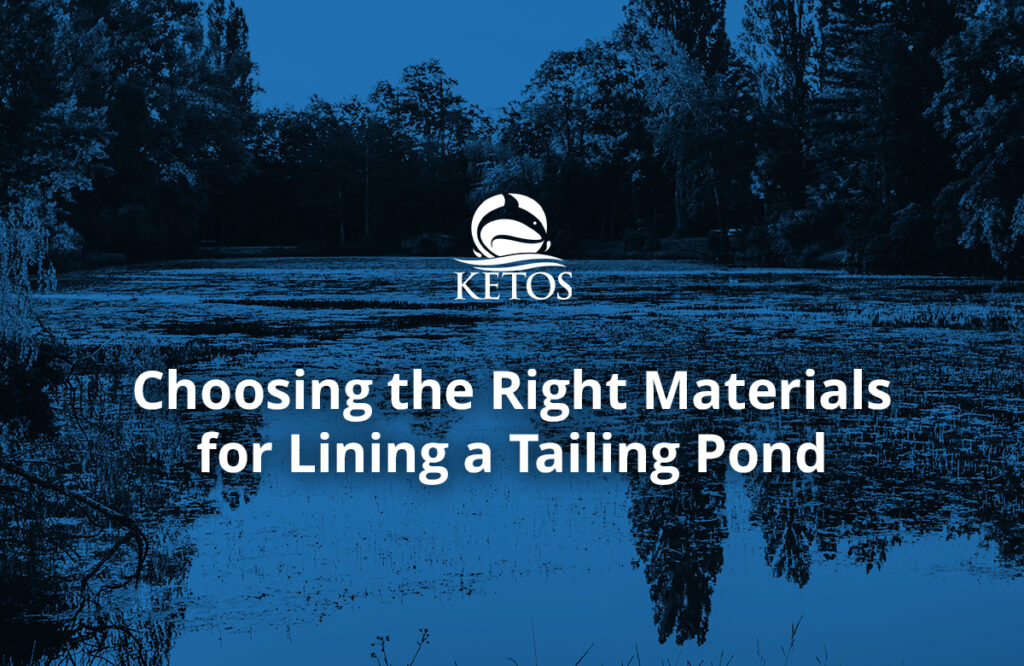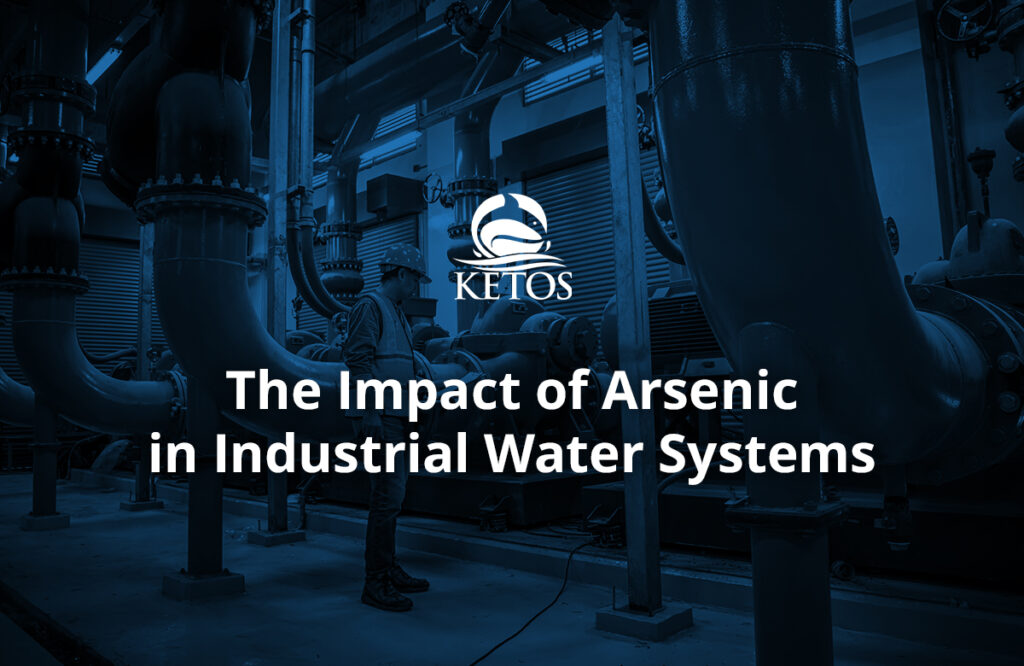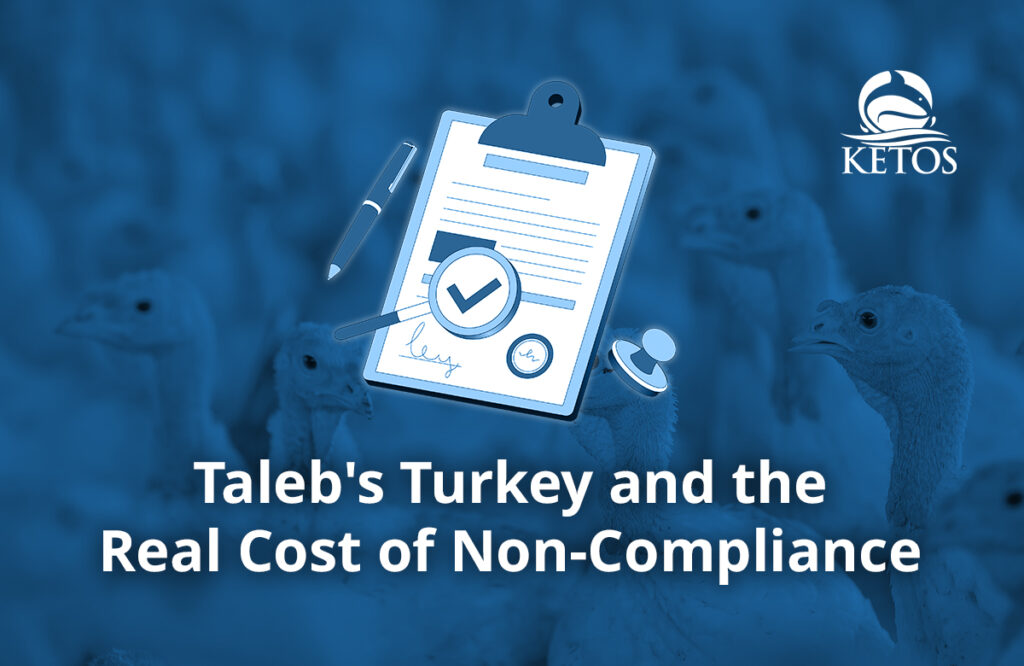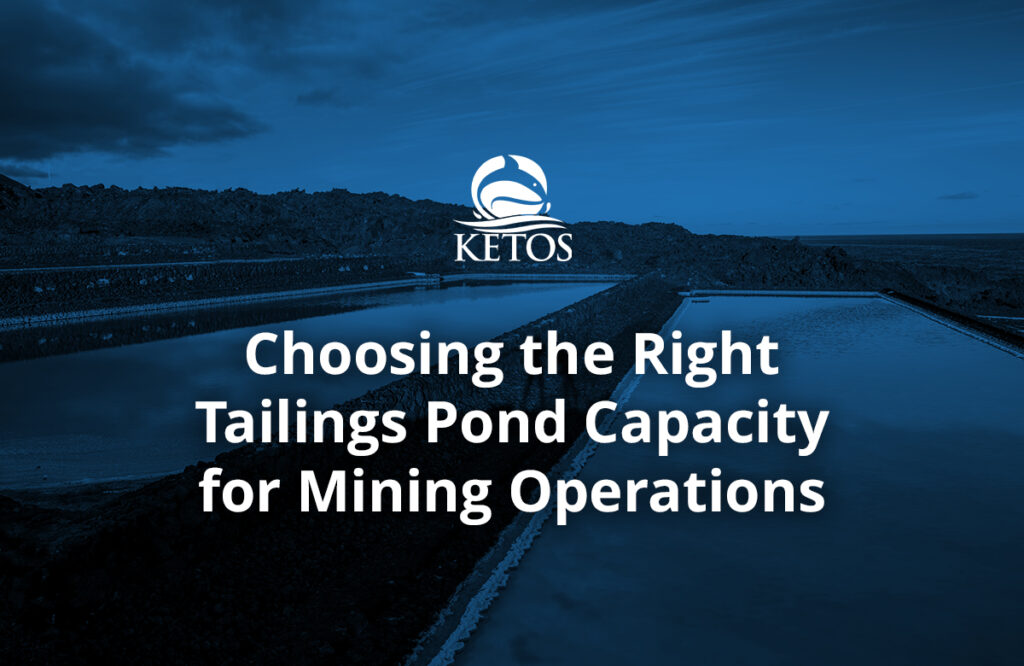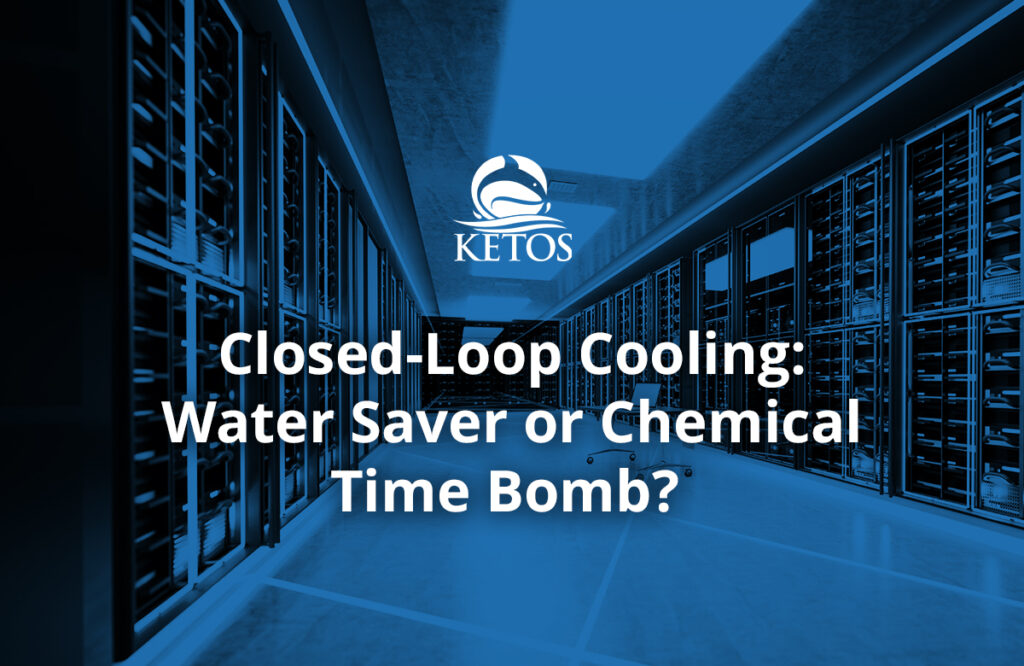The pharmaceutical industry requires the use of water at various stages of production. Water is also an excipient. It can reconstitute products, is necessary during synthesis and across all aspects of production. It’s also a cleaning agent for packaging and equipment.
With water usage at various stages of production, the grades of water may differ. Therefore, control of water quality is essential. Pharmaceutical companies have a high bar for compliance, and any variance in water quality can lead to lost batches to maintain consumer safety. Therefore, many companies put considerable thought into preserving water quality and seek solutions designed to help them achieve better water intelligence.
Different Water Types in Drug Manufacturing
There are different types of water used in the pharmaceutical industry. Not all water is of the same quality or consistency; pharmaceutical operations often have water of varying quality. Under the FDA, types of water used in the pharmaceutical industry:
- Non-potable
- Potable (“drinkable)
- USP purified water
- USP water for injection (WFI)
- USP sterile water (for injection)
- LUSP sterile water (for inhalation)
- USP bacteriostatic water (for injection)
- USP sterile water (for irrigation)
Sterilized water has its own grading. For example, USP-grade water for irrigation is sterile, hypotonic, and non-pyrogenic. It contains no antimicrobial or bacteriostatic agents or buffers and has a pH of 5.0 to 7.0.
USP grade means the content meets or exceeds United States Pharmacopeia (USP) requirements. This grade showcases its acceptability regarding food, drug, or medicinal use.
Potable water usage in pharmaceutical production would never be used to prepare USP products. Rather, potable water may be used in lab reagents to test solutions or to manufacture drug substances (such as bulk pharmaceutical chemicals).
Non-potable water usage in a pharmaceutical plant in boilers is typical for air conditioning and sprinkler systems. While it would never come into contact with any aspect of the product, in instances where water is an agent in boilers, water composition would be a concern in terms of ensuring equipment is in proper working order and avoiding downtime that can affect manufacturing outputs. USP purified water and USP water for injection are crucial in the formulation of pharmaceutical products, ensuring the highest purity standards for drugs. These specific types of water used in the pharmaceutical industry are meticulously monitored to prevent contamination and maintain product integrity.
Where Pharmaceutical Operations Get Their Water
Most drug companies get their water from municipal sources, meaning that, to some degree, water has already been pre-treated as is typical of drinking water quality. However, some facilities also draw on other water sources, such as lakes, rivers, or wells. Facilities may draw water from multiple sources, and the first step would be to ensure that the water entering the facility is of the same quality, removing specific parameters (if present).
Pharmaceutical organizations must remove microbial content, heavy metals, and other chemicals that may adversely affect their product (or cause contamination that makes consumption hazardous).
Potential Contamination Sources in Pharmaceutical Operations
Microbial contamination and heavy metal presence continue to be of concern to manufacturers, and these contamination events happen when contaminated water enters the production of products. In some facilities, piping system defects can lead to the contamination of incoming water. Sampling at point-of-use is an effective way to ensure no contamination enters production.
As health risk is a concern, many water operators pay specific attention to their deionized water systems. To minimize contamination, facilities should have on-site corrective measures. These measures may include steam, filtration, chlorination, or elevated temperature controls.
Variations in quality often occur in water, from seasonal variations in water temperature to other outside environmental factors. Therefore, regarding ensuring compliance in pharmaceutical operations, water should be tested early and often – frequently enough to catch variations before they enter production and disrupt the product’s manufacture.
KETOS: Ensuring Water Quality and Compliance
With health and safety (plus a brand’s public reputation) on the line, complying with and delivering on water standards is necessary. That’s why we’ve created a solution with robotics (labor-free) that enables real-time lab-accurate data (in ppb) of water quality insights provided as a service without the technology ramp-up needed by the pharma operators. Key aspect is also the affordability of the solution against the status quo of archaic manual and static processes to allow for a broader adoption so the pharma industry can lead with data-driven decision making.
With KETOS, pharmaceutical companies can:
- Monitor for 30+ water parameters (including heavy metals, temperature fluctuations, and other environmental factors)
- Gather real-time data on water quality and use various trending mechanisms to learn behavioral characteristics
- Initiate water monitoring at various sources (from entry points to points of use) to track water quality throughout their infrastructure
- Set threshold alerts to get notifications the moment there is a parameter or contaminant spike
Companies can also gather historical data and leverage AI/machine learning to understand water quality over time to help dictate future water treatment and usage. This allows water operators to be more prescriptive in their approach to water, helping them to put into practice approaches that ensure the highest water quality is always in play along production lines. This helps ensure the delivery of batches that pass regulatory compliance standards and health and safety.
Conclusion
Pharmaceuticals have a high bar when it comes to compliance – and for good reason. Integrating technology into their water management practices can ensure product quality throughout the manufacturing process. KETOS provides cutting-edge technology to monitor and ensure the stringent quality standards of water used in pharmaceutical manufacturing processes, safeguarding against impurities and maintaining regulatory compliance. With KETOS, pharmaceutical operations gain more understanding of water quality and usage for more predictable delivery cycles.
